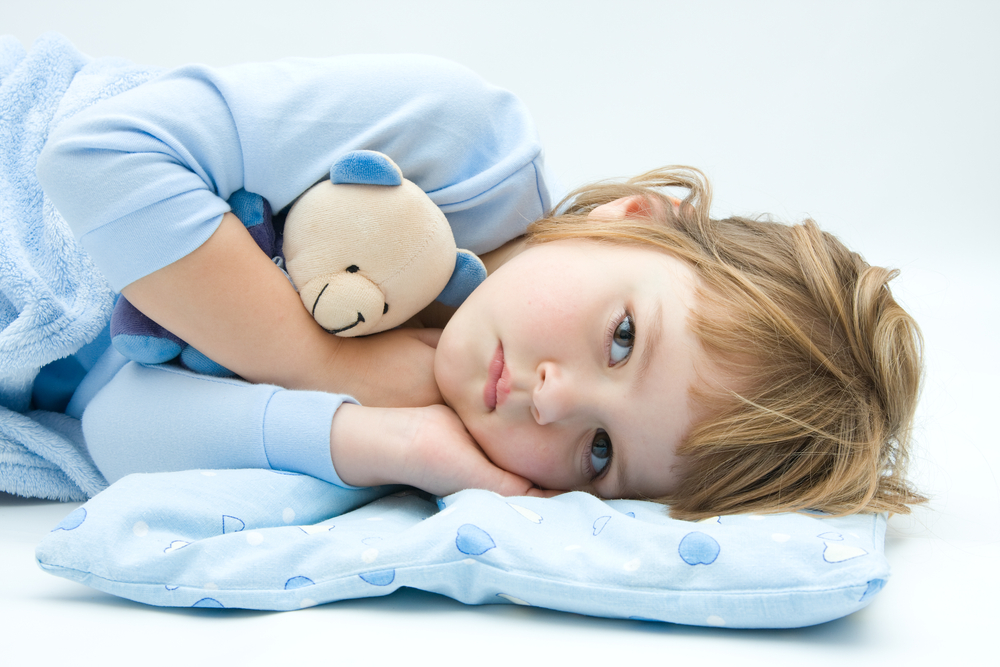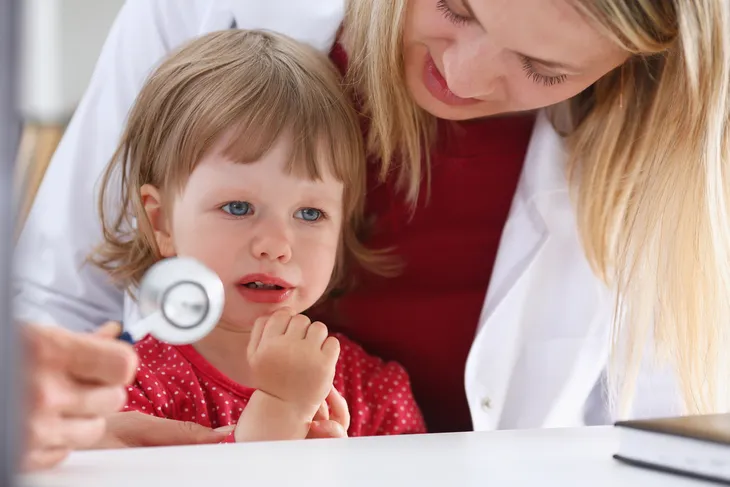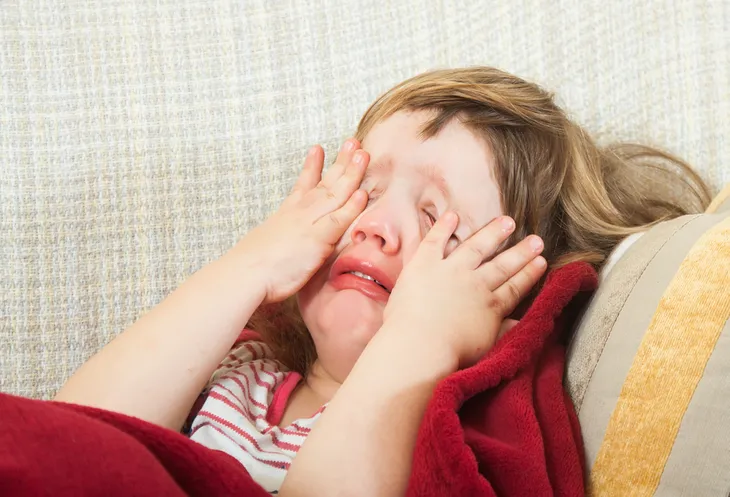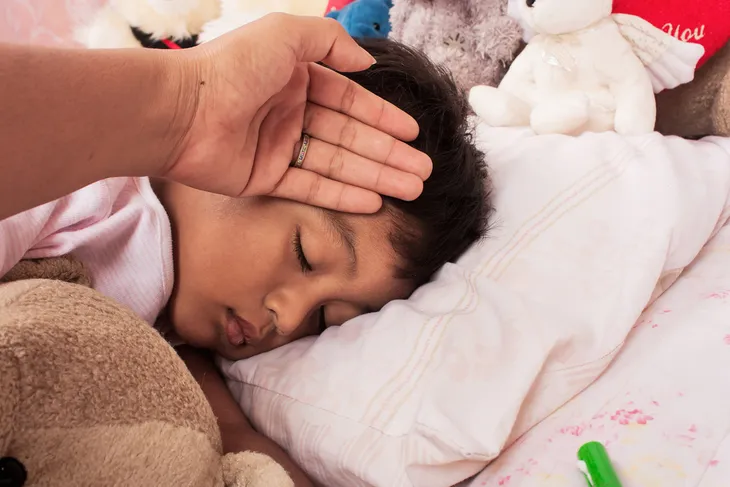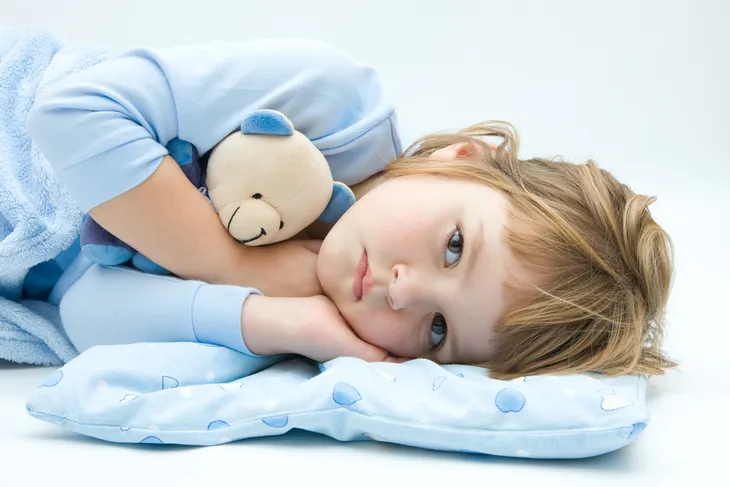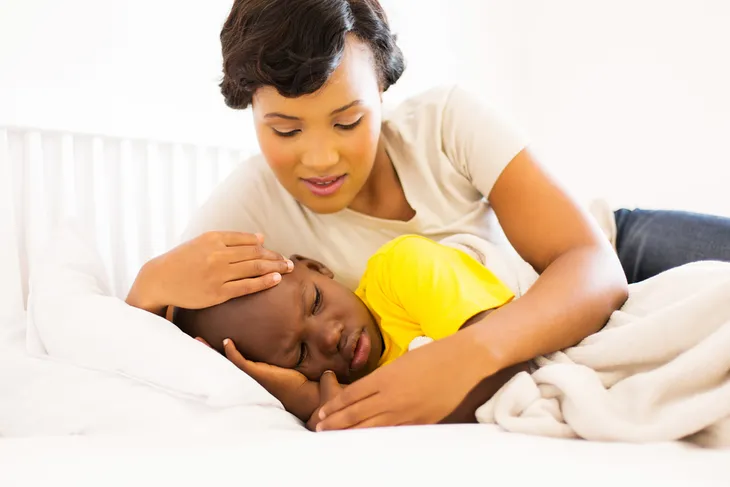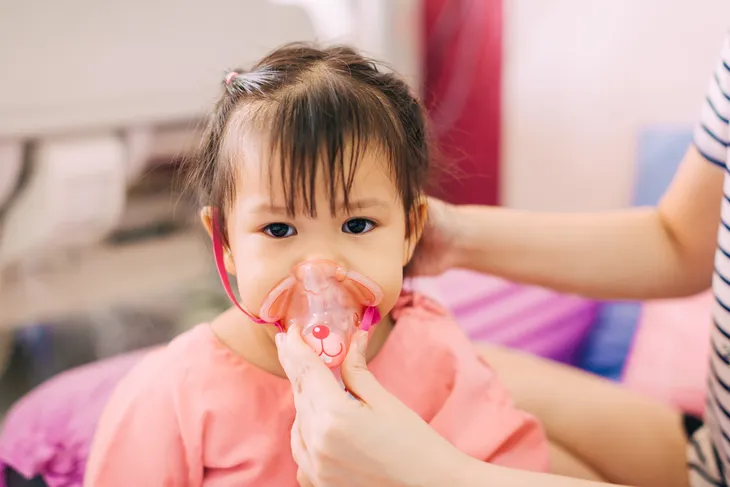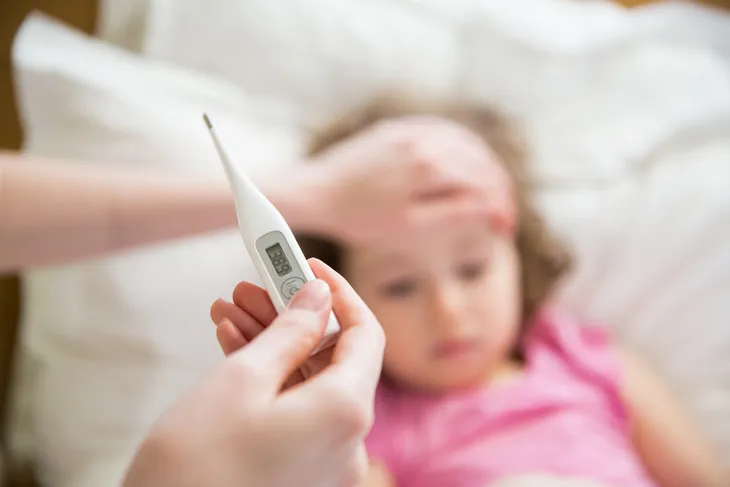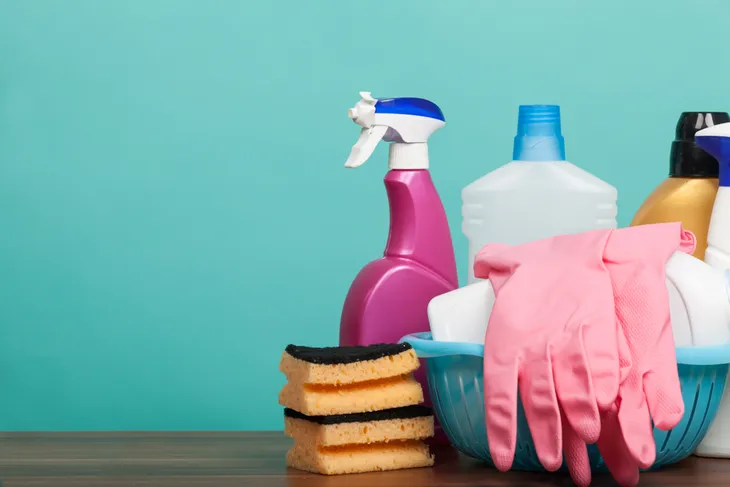The flu has been a particular concern this season, as it’s hitting people hard in the U.S. (and elsewhere) – especially children, as a number of fatalities have been reported across the country.
However, arming yourself with knowledge (and your child with a flu shot) can go a long way in ensuring your little one gets through this particularly nasty flu season unharmed. Let’s take a look at 12 facts that relate to the flu, specifically in kids…
The Vaccine for Kids Works
ABC News says the doctors it spoke with “said getting your child a flu shot is the number one way to make sure your child is safe from the flu,” period.
Even though there are many stories focusing on how the shot is not as effective as previous seasons, particularly against the dominant H3N2 strain, getting the vaccine will ease your child’s symptoms even if they do end up getting the flu, it adds.
Distinguishing Between Cold and Flu
Young kids can get up to 10-colds per year, because their immune systems haven’t yet risen to the challenge. However, while it’s never nice to see your child under the weather, a common cold is not generally something that requires medical intervention.
The same can’t be said for the flu. KidsHealth.org has a handy list of symptoms of colds and flu to let you compare. For example, it notes that flu often comes on suddenly, involves a high fever (colds can produce a mild fever), and robs your child’s appetite. They may also seem exhausted and have chills, which is not generally the case with a cold.
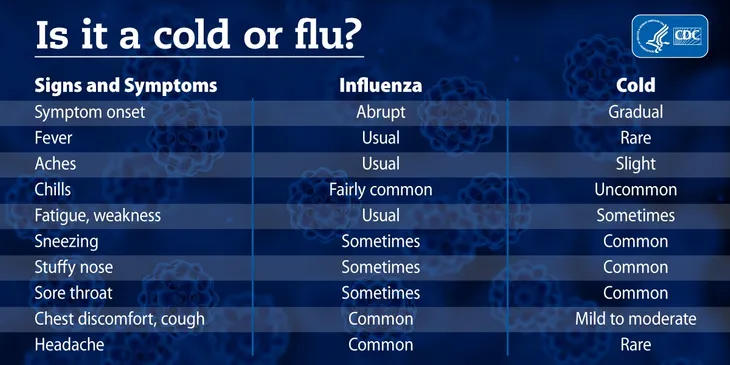 Centers for Disease Control and Prevention
Centers for Disease Control and Prevention
Use Your Intuition
You can mind all the symptoms we’ve mentioned, but the bottom line is that you know how your child’s baseline health is and how they’ve reacted to illnesses in the past. If it’s just a cold, it will probably be fairly obvious to you.
However, if your child is displaying symptoms that are unusual, like a fever that doesn’t break and keeps getting worse – then it’s time to seek immediate medical attention, says Vox.com.
It Might Not Be The Flu
As mentioned before, your child may be dealing with a simple cold, not influenza. However, WebMD also points out there’s something called influenza-like illness (ILI), which was particularly bad in early 2017.
ILI is a clinical definition that is assigned when a positive test for influenza has not been achieved, notes the source. “So ‘flu-like illness’ is a wide-ranging category that may involve other viruses with similar symptoms or patients who probably have the flu but didn’t get a flu test,” it explains. There’s another respiratory condition known as respiratory syncytial virus (RSV) that could also be the culprit.
Don’t Always Rush to the ER
Your child is the most important thing to you, so when they appear really sick, your first instinct may be to rush them to the emergency room. However, ERs around the country are already “crowded with flu patients” because of the number of cases this year, says LiveScience.
Most flu cases will resolve without medical care, but it doesn’t mean not to keep a close eye on the symptoms to make the call, it adds – especially with kids, who may not be able to verbally communicate how they’re feeling. We’ll get to emergency flu symptoms in kids to watch for next.
Signs of Flu-Related Emergencies in Kids
Vox.com says kids under 5-years (particularly those under 2-years) and who have pre-existing conditions such as asthma may be at highest risk of flu complications.
However, even kids who are otherwise healthy can end up needing emergency care due to flu (the source points out that between 2004 and 2012, 43-percent of flu deaths in the U.S. involved children with no high-risk conditions). Signs to look for are whether your child’s symptoms keep getting worse, or if your child seems to recover and then gets sick again – it could be a sign of a secondary infection, it adds. Trouble breathing, bluish skin, not interacting with peers, and fever with a rash are also emergency warning signs, says Vox.
Who’s at Highest Risk?
While the flu bug can hit kids hard, there are certain groups that should be monitored even closer for complications, notes the CDC. Among children, those groups include kids under 5-years old, and especially under 2-years, it explains.
Meanwhile, pre-existing medical conditions can also make what normally a moderate case of the flu into something more dangerous. If your child has asthma, a neurological condition (including seizures), chronic lung disease, blood cell disease (such as sickle cell anemia), or kidney/liver disorders, or have a weakened immune system from treatments or medications, they should be kept under a microscope until flu symptoms subside.
Early Treatment is Key
While we’ve already told you that it’s not always necessary to run to an ER when your kids show signs of the flu, it doesn’t mean you can’t see a doctor to minimize the illness – especially if your child falls into one of the high-risk categories we’ve already mentioned.
“If the doctor thinks your child is likely to have a complication from the flu, he may give her antiviral medicines,” explains WebMD. Antivirals such as Tamiflu are only effective if given within the first two days after symptoms appear, it adds. These can also shorten the total length of time your child is sick.
When in Doubt, Give the Doc a Shout
Sometimes, especially if your child has never had the flu before, it can be tough to know what you’re dealing with and panic can set in. In these cases, it’s best to err on the side of caution and call a doctor to sort it out.
A physician will be able to administer the right tests to distinguish flu from other possible ailments, and administer the right medications if applicable. If your child’s symptoms seem to be continuously worsening, don’t write them off.
Flu Deaths in Kids Remains Uncommon
While flu complications can absolutely be fatal for patients of any age, it’s not the first place your mind should go to. While CNN points out there have been 84-deaths of children related to the flu as of mid-February, death from influenza is still relatively rare in this country.
The source points out there were 19,398-flu associated hospitalizations between Oct. 1 and Feb. 10. Meanwhile, Popular Science says the deadliest year from flu in recent years was the 2009 pandemic, which claimed the lives of 358-children. Many of the deaths were of unvaccinated children, it adds. However, the numbers don’t take away from the tragic nature of any child dying.
Keeping Safe at Home
As well as getting your eligible family members vaccinated against the flu, there’s something you can do at home that you should already be doing – cleaning. Today.com offers some handy tips to keep your home disinfected to minimize the risk of the virus spreading on surfaces.
First thing’s first – you should quarantine the flu patient, as they can easily spread the virus even by talking. Disinfect surfaces in the room and bathroom used by the patient, and don’t forget to use antibacterial cleaner on remote controls and computer keyboards, doors, and light switches, it adds. Handwashing is especially important for all family members when someone is sick.
Remember to Care For Yourself
When you’re running around getting medications and other remedies to provide your child with relief, it’s sometimes easy to forget about yourself. Remember those airplane safety drills at the beginning of a flight? They tell you to put the oxygen mask on yourself first for a reason – you’re not much help to others if you’re out of commission yourself.
Best Health magazine’s website explains there are 6-things you should do for yourself while your child is fighting off a virus. One of those is to make sure you’re immunized against the seasonal flu, so you don’t fall victim to it too. As hard as it is, you’ll also have to limit close contact with your sick child. Make sure you’re eating well and getting rest and exercise while playing nurse. “Try to make sure you don’t shortchange your own needs,” it adds.
